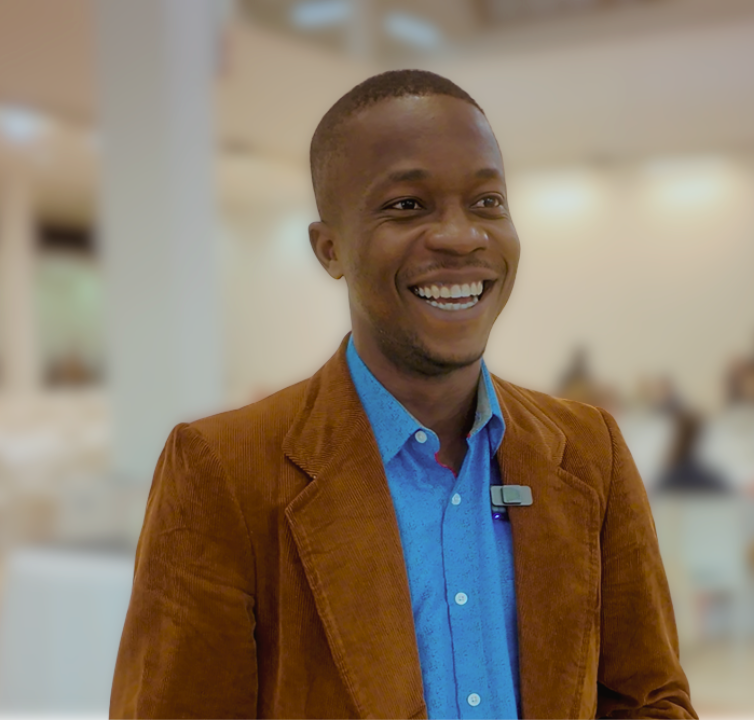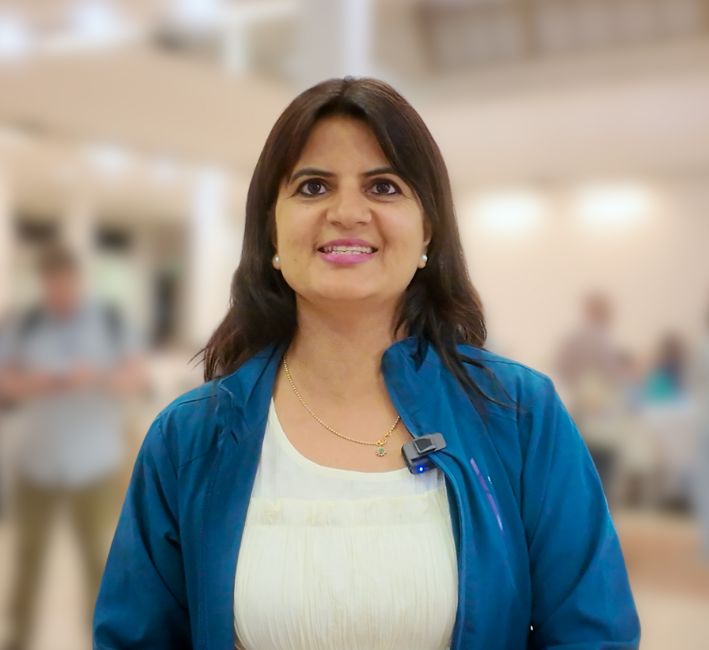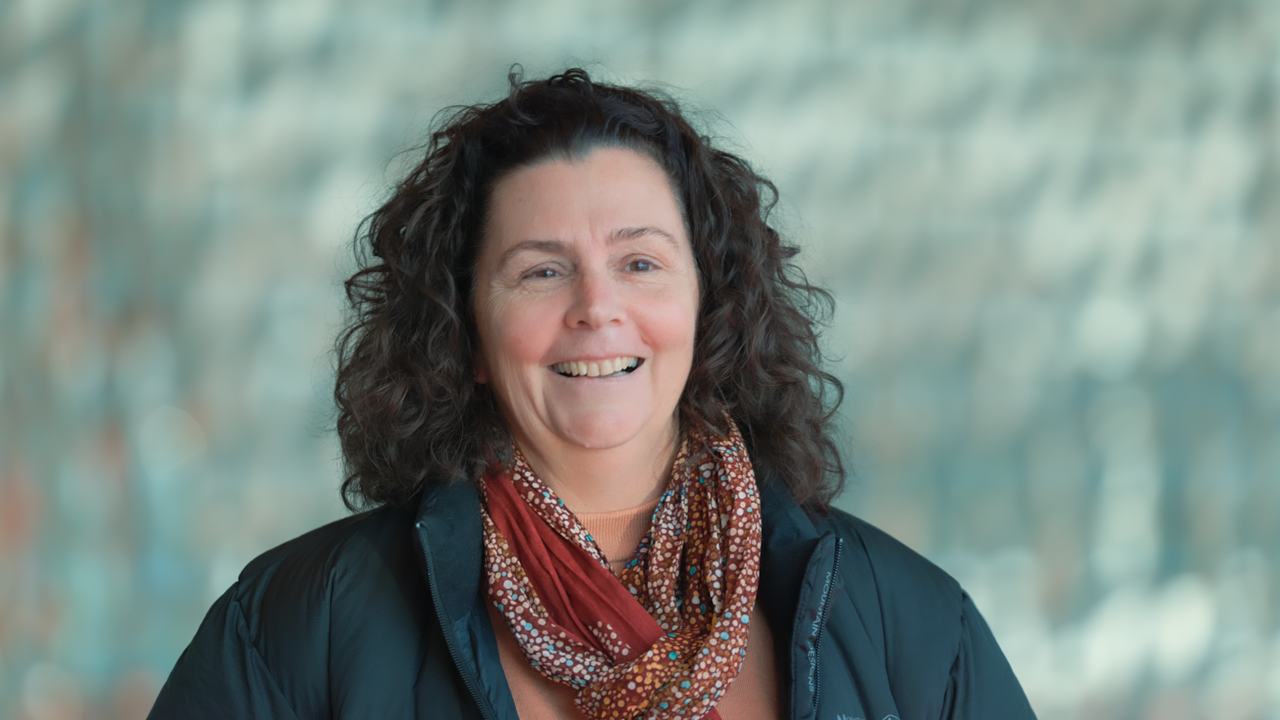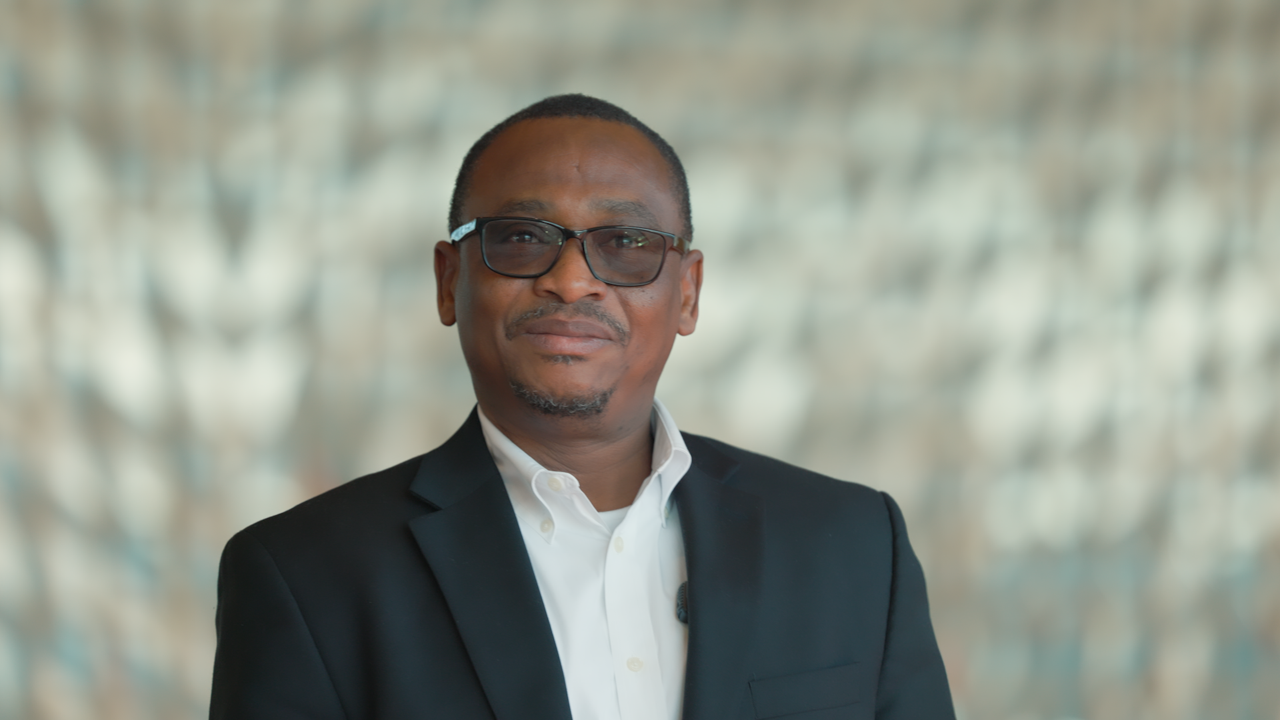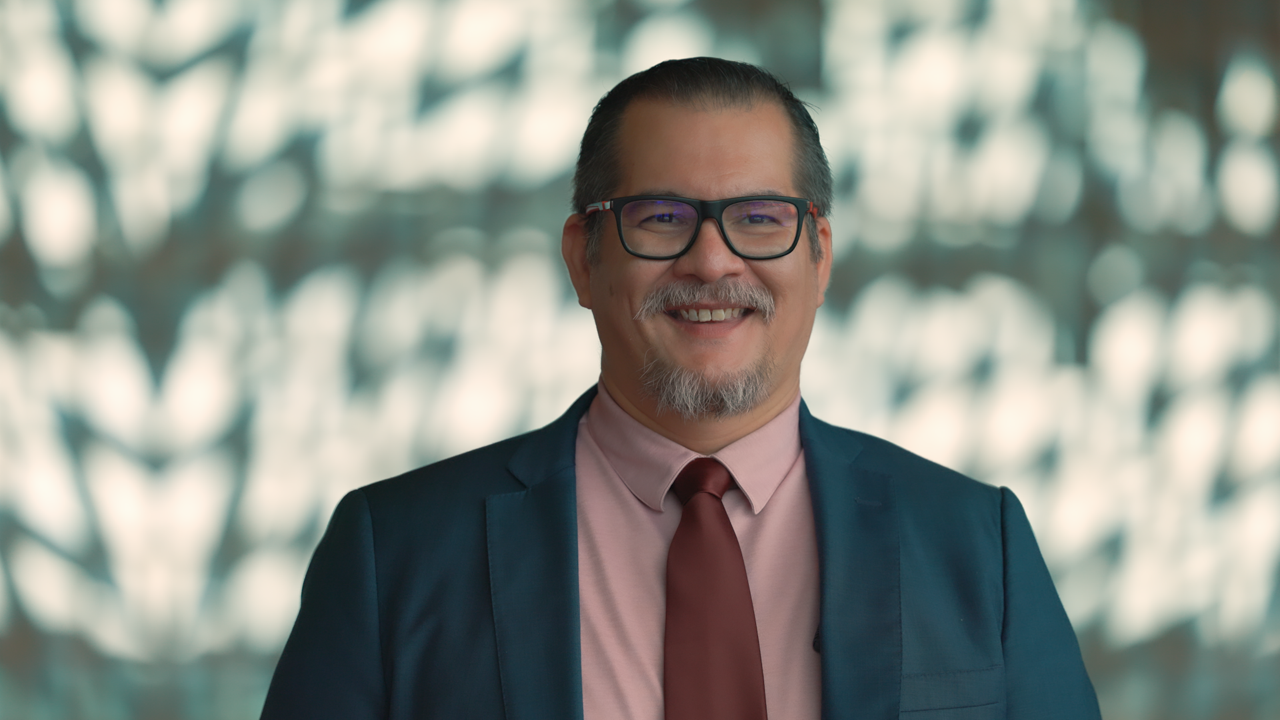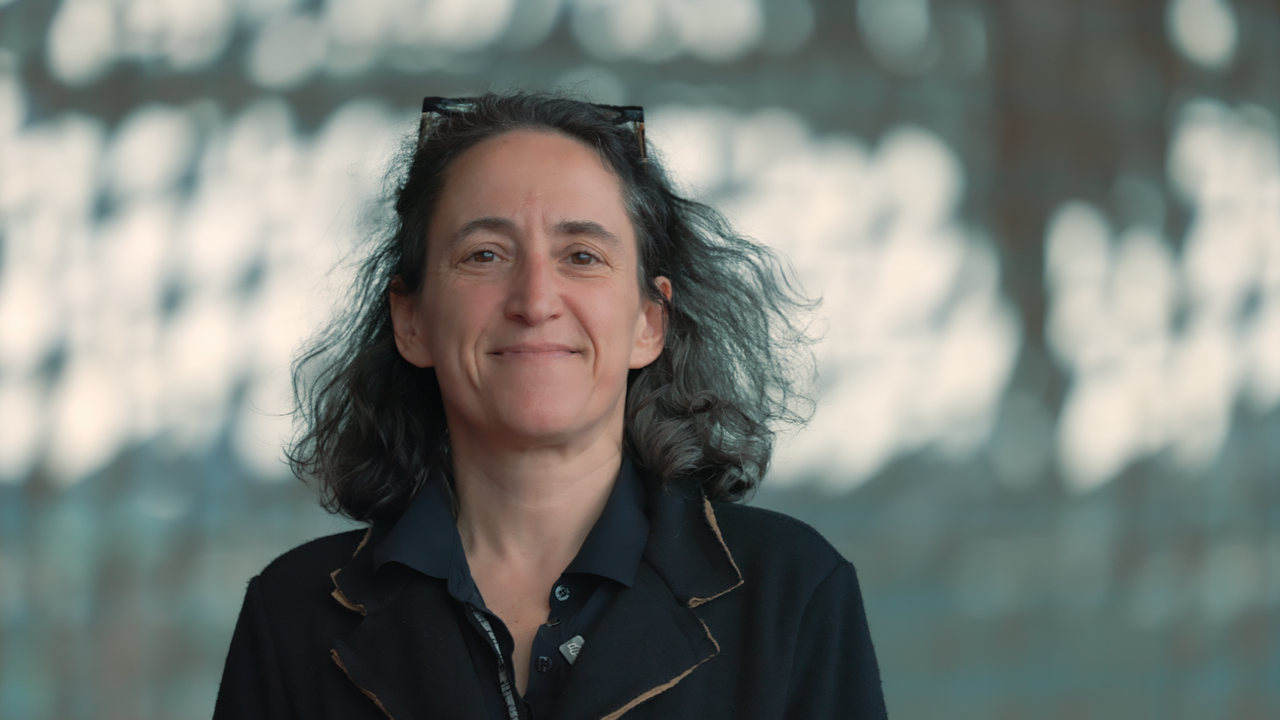Member Spotlight: Juan Carlos Tejeda-González (Mexico)
IAIA member Juan Carlos Tejeda-González shares his journey in impact assessment, the power of networking, and the best career advice he ever received.
TRANSCRIPT
Hello. I’m Juan Carlos Tejeda, and I’m from Mexico.
What do you like most about being an IAIA member?
One of the the main reasons to be in IAIA is the networking and knowing people with the same interests. One of the things that I have issues with in Mexico is that it’s crazy to not know people to talk about the the subjects that are discussed here. So the opportunities on the webinars and conferences is interesting to meet new people and old friends that have the same interests, and we can have a a great discussion about that.
What does impact assessment mean to you?
That’s an interesting question. Impact assessment for me right now means everything. It is part of my life — not only my job or a subject to work on. When I started studying for my career — I’m a civil engineer — I realized that the impact that our profession has on the world. An idea is how to mitigate or how to compensate the things that we we we do as civil engineers, but also how to change — how the teaching of the career to start accounting for and taking care of the environment and all the stuff. So for me, it is one of the most important things in my life, impact assessment. And IAIA is a great opportunity to keep in the subject.
What career advice do you live by?
There are a couple of things. One of the most important things I received from fellow IAIA member Professor Thomas Fisher and another friend Marcelo Montaño from Brazil, while I visited them in Liverpool in 2015 during my PhD. They tore apart my research because I didn’t have any advice in Mexico from experts of the subject. But it was feedback that helped me to grow and to understand better what I needed to do to make things right. So it was a a great advice. I see both of them as my mentors here. I knew them because of IAIA, so it was a great advice, and we continue the relationship from that point to right now. So that’s what I live for.
How did you first get involved in impact assessment?
I was starting my civil engineer career studying the bachelor [degree]. I had this professor that talked about environmental impact assessment. I didn’t know what to do in the future — I was, like, 18 years old. But when he talked about that, I said, “Oh man, that’s what I want to do in the future!” I had to wait until my masters and my PhD to focus on that because in my state and most parts of Mexico there was no environmental impact assessment culture. So I had to wait, but it really impassioned me because I was undecided about what to study. I love a lot of subjects — economy, law, chemical science, everything. I hadn’t found a path where I could use all of those. And in environmental science, through environmental assessment, it just nailed it. I have worked with friends from many areas in Mexico, so for me it’s good because I continue learning — I love to learn a lot — and so that helped me to achieve that.

